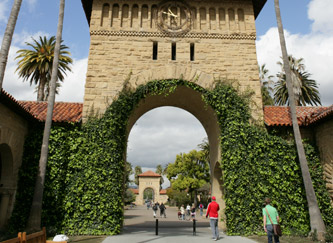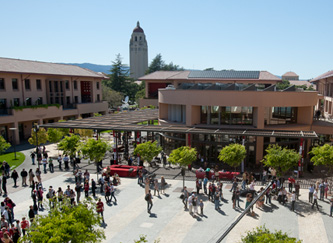The course was a great combination of theory, interaction, and role playing. It inspired a lot of thought about how to motivate organizations and get the best from people.
– Russ Radom
Vice President, Supplies Category, NA
Hewlett-Packard
The practical approach to solving leadership challenges allowed me to return with a fresh outlook on how to resolve several critical issues we faced at the time... I recommend this program to any executives looking to improve their skills and techniques in managing people.
– David Jochim
Senior Vice President and Manager
Union Bank of California
Professor Bradford is truly outstanding; he does an excellent job of involving people, making his points crisply and moving on to the next issue.
– David S. Fines
Chief Administrative Officer
AMB Property Corporation
I enjoyed the practical application of vision, the interesting real-world application of theory.
– William Butler
Vice President/General Manager
Hanson Aggregates








